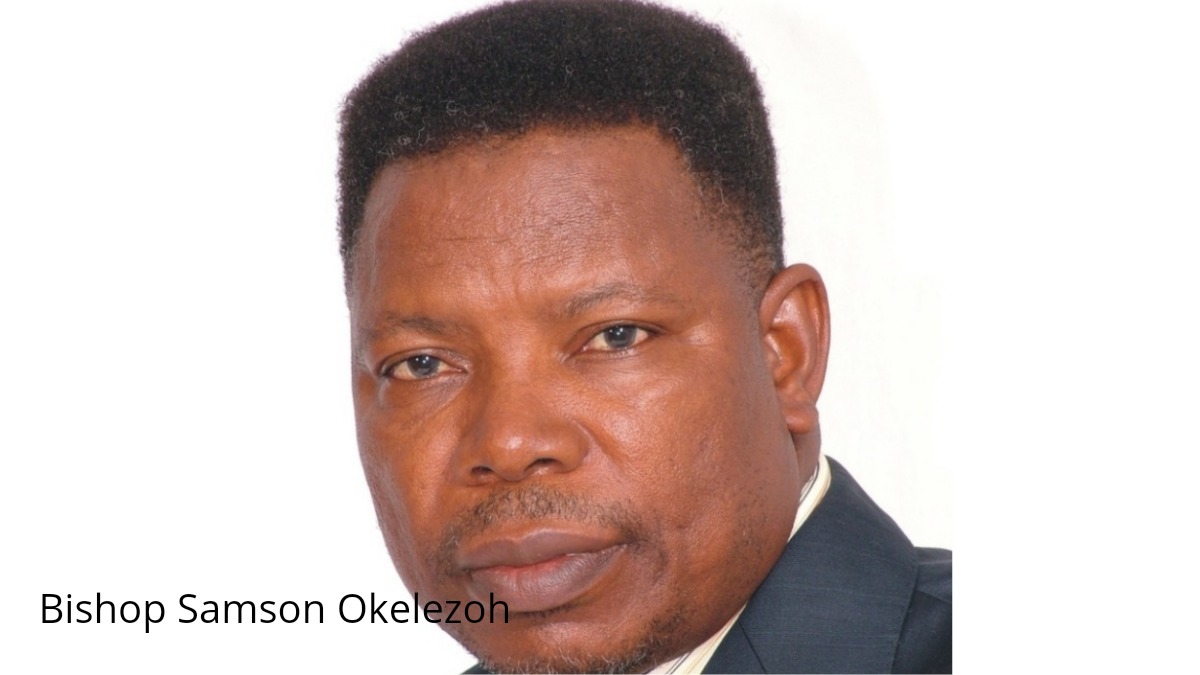
The battle for the soul of a Pentecostal church with headquarters in Benin City, Edo State, The Ministry of Perfection, has once again shifted to the court of first instance, the Federal High Court, sitting in Akure, Ondo State, following the dismissal by the Court of Appeal, Benin Judicial Division, the appeal filed by Samson Okelezoh, Edwin Oghagbon, bishop and evangelist of the church respectively, and The Ministry of Perfection. Okelezoh and others were dissatisfied with the July 4, 2017 decision of the lower court presided over by Justice Olayinka Olusegun Tokode that it had jurisdiction to hear the case brought before it by two members of the board of trustees, and co-founders of the church, David Izuagie, and his wife, Courage, both reverends, and that the case was not statute-barred contrary to the claim of the defendants. Tokode had also held that the relationship between both parties was not that of master-servant, or employer-employee relationship.In their statement of claim at the lower court, the Izuagies, as plaintiffs, claimed that while Okelezoh, the first appellant, was the chairman, and the second respondent, Courage, was the secretary, the activities of the ministry, (third appellant) founded September 7, 1986, was operated by all parties between 1986 through 1990 without any hindrance whatsoever “until 1991 when the 1st appellant started to develop a domineering and greedy attitude to the extent that the respondents were owed salaries and allowances”.They therefore sought an order of the court declaring their removal from the services of the church “unconstitutional, null, and void and of no effect”, as it was contrary to the provision of the constitution of the ministry filed with the Corporate Affairs Commission, CAC June 18, 1989. They also prayed the court to direct the defendants to settle their arrears of salaries and housing allowances cumulatively amounting to ₦76, 009, 812.50, and to continue to pay to them their agreed salaries and allowances “for the rest of their lives” as contained in the ministry’s constitution. Among other reliefs sought was the erection of a house “befitting their status” in the value of ₦250 million at a location of their choice as part of their entitlements from the church, more so when Okelezoh had been given a house in a choice area in Abuja, the federal capital territory, FCT valued at over ₦300 million; and above all, an order of perpetual injunction restraining Okelezoh from parading himself as the President and Founder of The Ministry of Perfection.But in their 33-paragraph joint statement of defence in the Appeal No: CA/B/504/2017, the appellants urged the court to dismiss the claims by the Izuagies, which they described as “gold-digging and lacking in merit”. They also contended that the suit was “statute-barred”. However, Justice Tokode refused, and dismissed their prayers, consequent upon which they approached the court of appeal on July 18, 2017.Represented by Kingsley Obamogie, senior advocate of Nigeria, SAN, the appellants submitted, among others, that the respondents’ suit “is heavily clothed with labour issues and therefore falls outside the purview of the jurisdiction of the lower court defined in Section 251 (1) of the Nigerian constitution. They claimed that the respondents had “a contract of employment”, meaning it was an employer-employee relationship, which is under the purview of the National Industrial Court. They argued that contrary to the reasoning of the trial court, that trustees do not receive salaries and allowances like employees in a master/servant relationship; that payment of salaries to trustees was inconceivable under the Companies and Allied Matters Act, 2020. They therefore prayed the court to resolve the issue in their favour.Counsel to the respondents, Dele Uche Igbinedion, however disagreed with the appellants’ contention that the suit is one of master-servant relationship and so within the exclusive jurisdiction of the National Industrial Court by virtue of Section 254 (c)(k) of the constitution. Urging the court to dismiss the appeal, Igbinedion submitted that the cause of action related to the operation, activities, functions and powers of trustees of Incorporated Trustees registered under CAMA, and that the operation of CAMA is not one of the items listed in Section 254C (1) (k) of the constitution. He, in this vein, concluded that it is the Federal High Court that has jurisdiction because the nine reliefs sought cannot be determined without recourse to the provisions of CAMA under which the ministry was registered as a corporate body as they are mainly predicated on its operations and interpretation.After reviewing the submissions of both parties, the three-man appeal panel Friday, June 3, 2022, dismissed the appeal. In its unanimous judgement, the appellate court upheld the ruling of the lower court to the effect that “…the relationship between the plaintiffs and the 3rd Defendant is not that of Master-Servant or Employer-Employee but rather that of trustees of a registered association or body corporate that the body itself”.Justice James Gambo Abundaga, who delivered the judgment, said “it will be seen without equivocation that what culminated into the suit that evolved into this appeal is not one of master-servant over unpaid salaries and allowances, but a fight for the soul of the company they incorporated, that is, “The Ministry of Perfection”.Lambasting Obamogie, counsel to the appellants, Abundaga wondered if he was absent-minded when he read the reliefs sought by the Izuagies, or he did not read the reliefs. According to him, “If counsel did purposefully read the reliefs and the statement of claim, the submission made by him will be nothing short of mischief and an attempt to mislead this court”. He said “in trying to give some thought to the contention of the appellant that the case of the respondents is that of servants who have sued the appellants, their master, I went through the processes, particularly the Joint Statement of Claim and the documents filed along with it to see if there is either an oral contract of employment or written contract of employment which spells out the terms of employment. I did not see any”.He also held that the 2nd respondent who was the secretary of the church “must not necessarily be an employee in a master-servant relationship” more so when Section 601 of the Companies and Allied Matters Act, 2020 spelt out how she might have been appointed as secretary.On issue two – whether the respondents’ suit at the trial court was not statute-barred, Abundaga held that his resolution of issue one against the appellant, “is a tacit rejection of the appellants’ contention here. It therefore necessarily follows that the claims of the respondents is not statute-barred. I hold. Therefore, I resolve issue two in favour of the respondents”.In conclusion, Justice Abundaga pronounced that “All two issues having been resolved against the appellants, this appeal is without merit and is hereby dismissed. In consequence, the ruling of the lower court delivered on 4th July 2017 is hereby affirmed”. Both Justices Uchechukwu Onyemenam, and Samuel Ademola Bola, concurred with the judgement which was without order as to cost. Hearing in the case continues Monday, July 4, 2022 at the Federal High Court, Akure, Ondo State following the transfer of the presiding judge out of Benin.
Click here to read more articles


 WhatsApp us
WhatsApp us